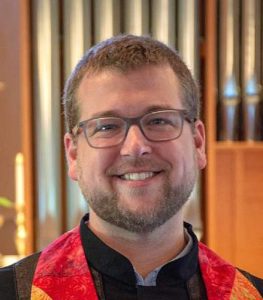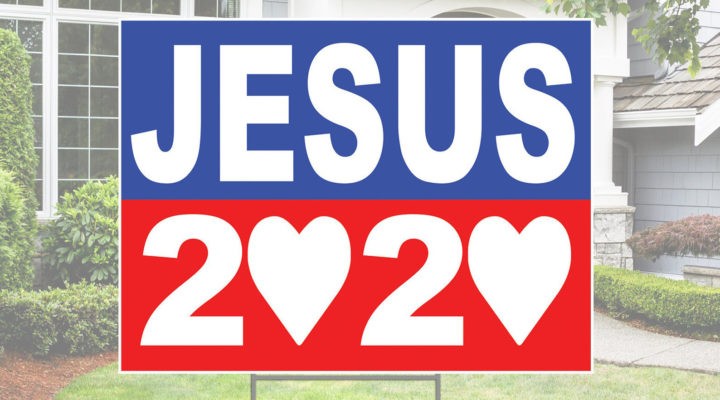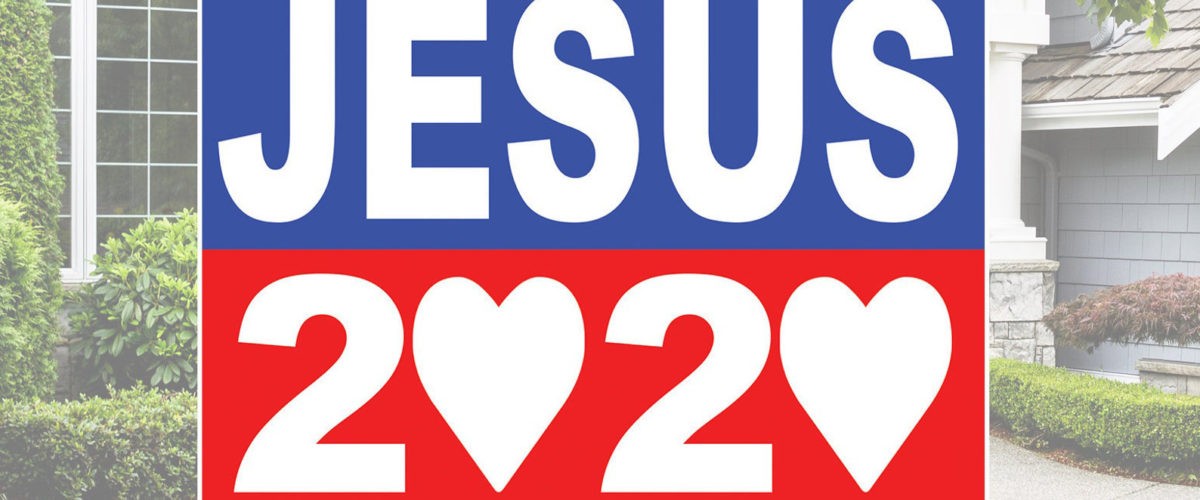When I was in college, I read an author who introduced me to a radical new concept. I’d been attending church for 18 years, and this was something I’d never heard before. I was skeptical.
The word this author introduced to me was “discipleship.” He had the audacity to suggest that Jesus was interested in transformation, in helping people see God more clearly, in allowing God to live in and through them. Frankly, I thought this was insane.

Zachary Helton
My experience of Jesus was of one who really wanted me to believe the right things (and by really wanted, I mean would damn me to eternal hellfire if I did not). The Jesus I knew wanted his people to wear the right T-shirts, listen to the right music, throw stones at the right sinners, and, most importantly, vote for the right candidates. This last one I internalized way before voting was even on the table for me.
When I finally realized that healing and justice were, in fact, the things Jesus was actually about, I was bewildered. Why have we not been talking about this the whole time? This confusion turned to anger as I slowly realized the truth: We hadn’t been talking about Jesus. We had been talking about power, and how to hold on to it.
In the 1970s, as women and people of color began demanding white men in the United States share some of their power more equitably, the white men responded, predictably, with fear and started searching for a strategy to push back. That strategy was religion.
Hand-picking issues like abortion or the defense of “biblical” marriage, they flipped the narrative and began crying out, “They’re infringing on our religious freedom! We are the ones being oppressed!”
“When you’re accustomed to privilege,” a wise person once wrote, “equality feels like oppression.” The story worked perfectly. The Religious Right was born. Their concern never had been morality. It had been power.
This was the Jesus I grew up knowing, and when the real Jesus peeked out from behind the book I was reading, I recoiled and said, “Who the hell are you?”
Every time I pass a “Jesus 2020” yard sign, I wonder which Jesus they’re talking about. Are they campaigning for the Jesus who ran on a platform of good news to the poor and liberation to the oppressed? The platform that proved so unpopular that it culminated in his execution? Or are they campaigning for the Religious Right in a Jesus mask?
If the real Yeshua of Nazareth ran, with his brown skin and his policies of selling everything we have to give to the poor, would we really vote for him? Or would we run him out of town as a communist?
Zachary Helton serves as co-pastor alongside his wife, Claire, at Northminster Church, an Alliance of Baptists congregation in Monroe, La.


